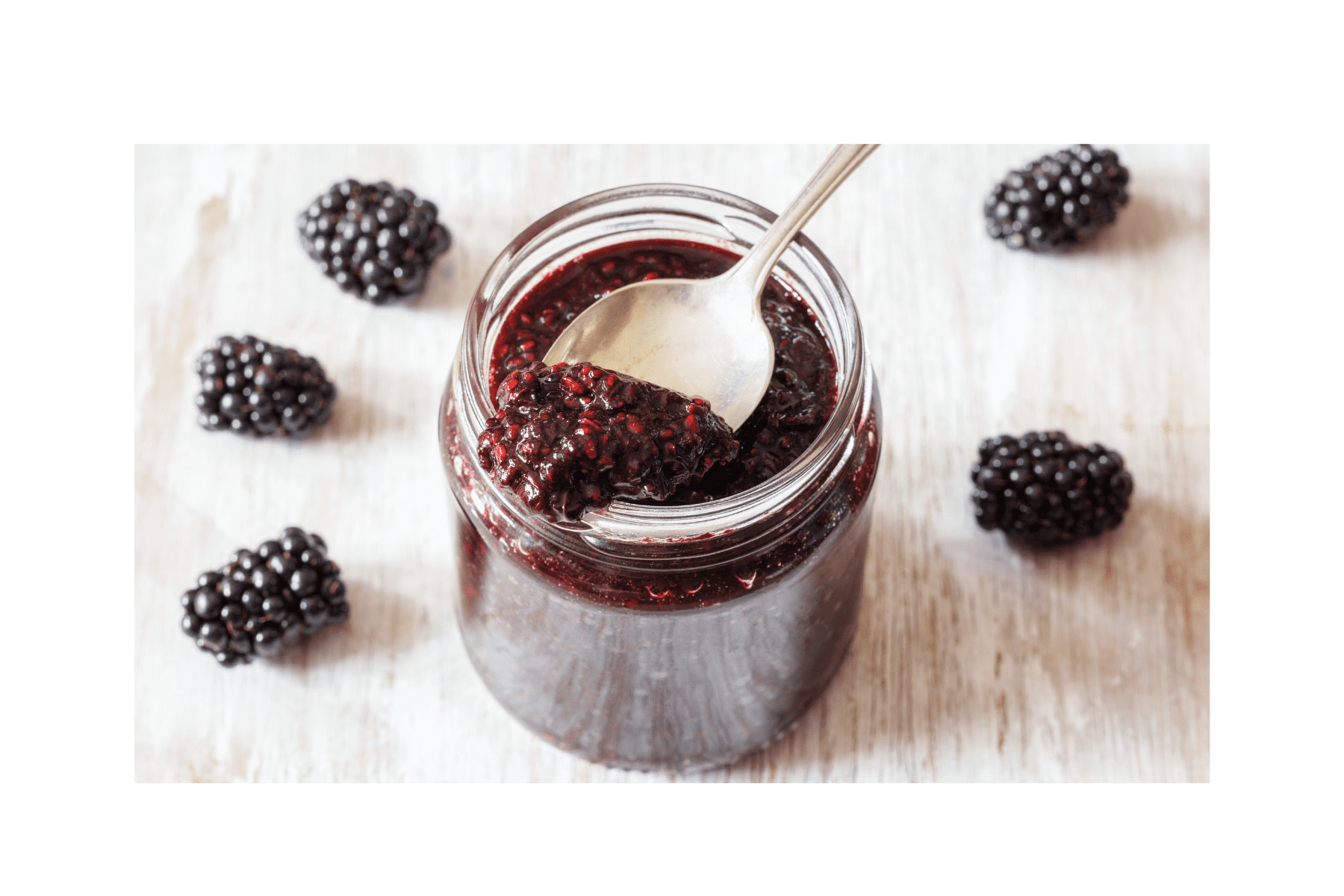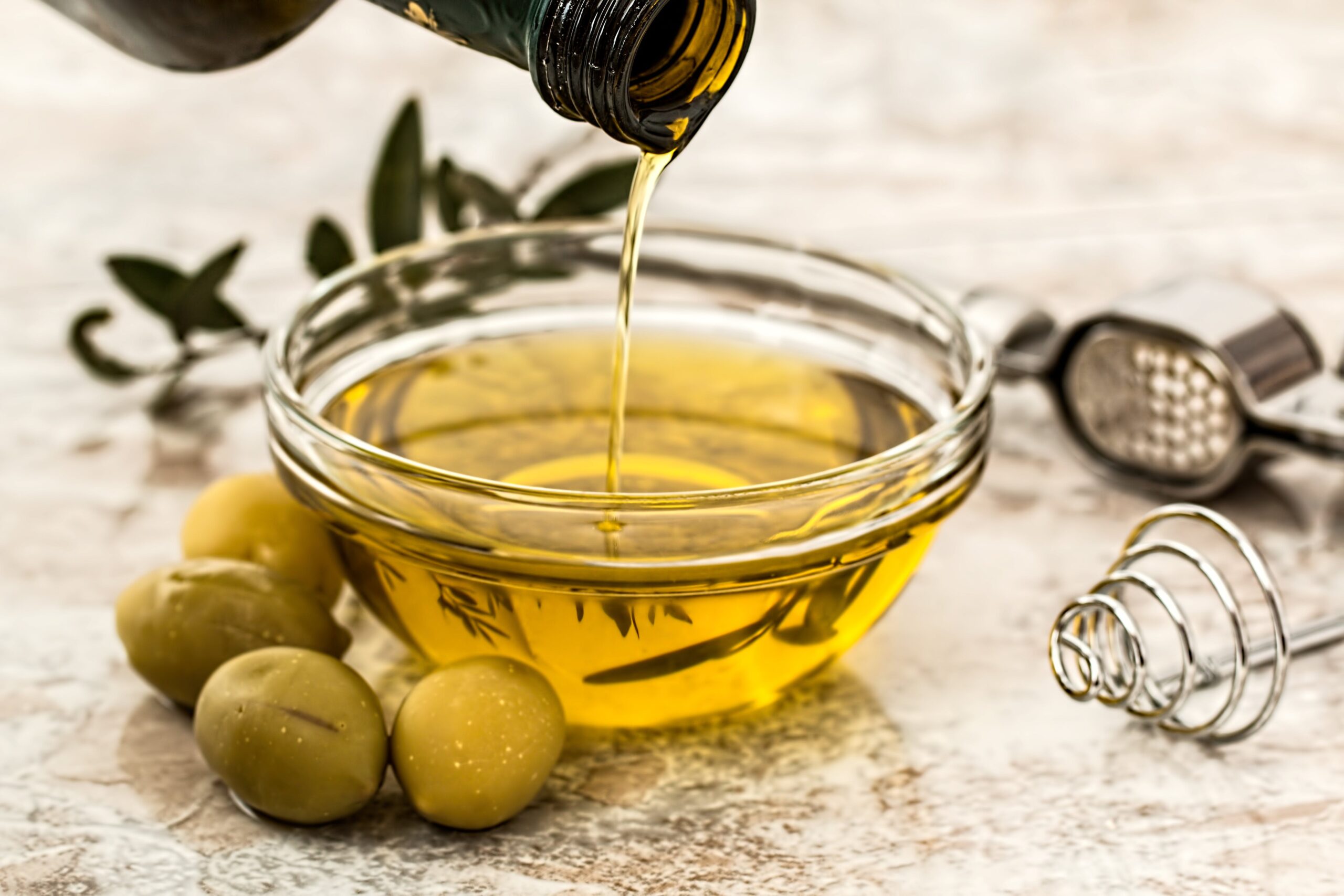Every time I get on social media there is an influencer scaring us about how toxic seed oils are. I’m here to break this down so you don’t have to stress about this fear mongering any longer.
What are Seed Oils?
Seed oils are oils that are extracted from the seeds of various plants. These oils are often used for cooking, as well as for various industrial and cosmetic purposes. Different seeds yield oils with distinct flavors, nutritional profiles, smoke points and uses. Here are some common types of seed oils used in processed foods.
- Sunflower Oil: Extracted from sunflower seeds, sunflower oil is commonly used in cooking due to its mild flavor and high smoke point.
- Soybean Oil: Derived from soybeans, soybean oil is versatile and widely used in cooking and food processing. It has a neutral taste and a high smoke point.
- Canola Oil: Canola oil is made from the seeds of the canola plant, a type of rapeseed. It is low in saturated fat and has a mild flavor, making it suitable for various culinary applications.
- Corn Oil: Corn oil is extracted from the germ of corn (maize). It is used for frying and in various food products.
- Cottonseed Oil: Extracted from the seeds of the cotton plant, cottonseed oil is used in cooking and as an ingredient in various processed foods
Firstly, while there is nothing inherently wrong with seed oils, they exist mostly in ultra processed foods. UPF’s are well known for their palatability, convenience, and high sodium, fat and sugar. UPF’s also increase your risk of almost every chronic disease you can think of including cancer. Therefore, avoiding seed oils is as easy as avoiding ultra processed food… simple as that! I always recommend extra virgin olive oil for home cooking and salad dressings. So when you avoid ultra processed food and cook with extra virgin olive oil, you don’t need to fear seed oils at all.
Second, oil is a fat, and fat has 9 calories per gram or 120 calories per tablespoon. That is higher than protein and carbohydrate combined as well as alcohol. If you are looking to lose weight or just improve your overall health, consuming a minimal amount of fat is a great hack. A rule of thumb is to use fats in amounts not larger than the size of the top half of your thumb.
For more help on incorporating these concepts into your own personal health journey contact me or book an appointment. Your insurance may cover you to work with me because working with a registered dietitian is an evidence based approach to health.

